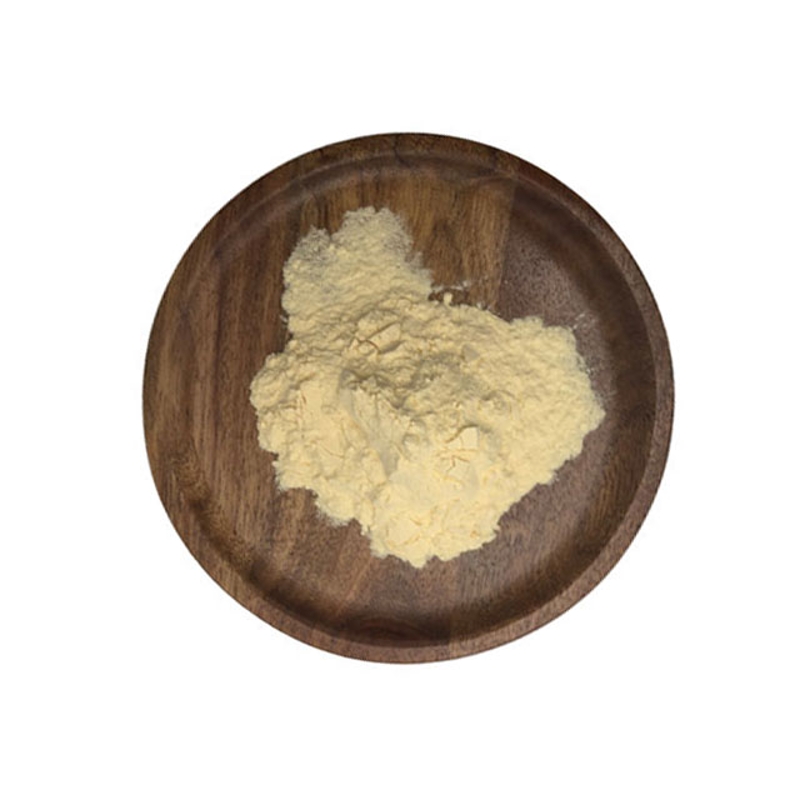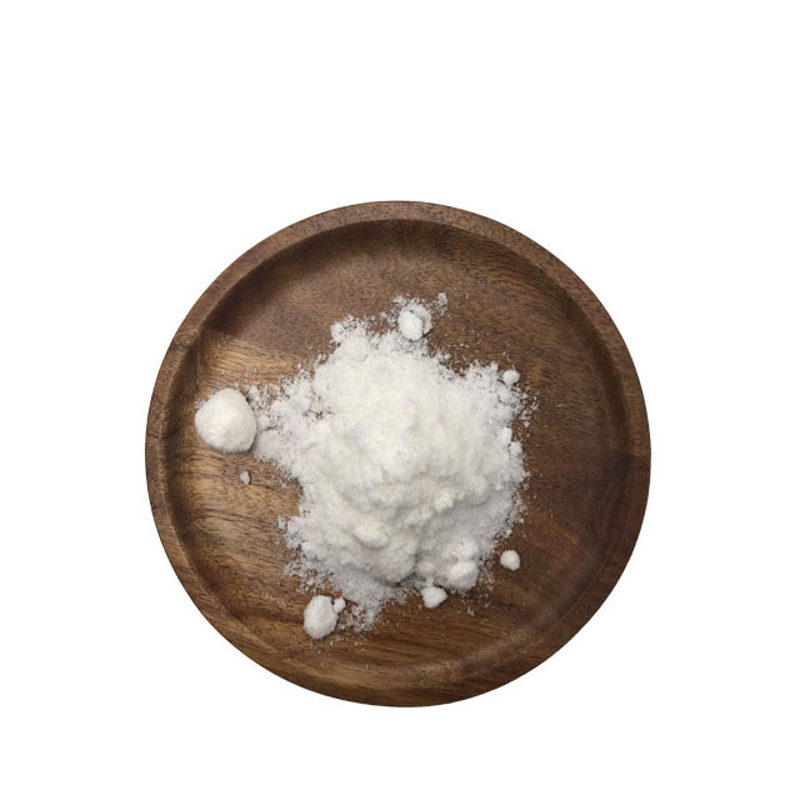Cell reports: finding the neurons encoding sweetness in mice
-
Last Update: 2019-05-14
-
Source: Internet
-
Author: User
Search more information of high quality chemicals, good prices and reliable suppliers, visit
www.echemi.com
May 14, 2019 / BIOON / - researchers from the National Institute of physiological sciences of Japan found neurons responsible for sending sweet signals to the taste thalamus and cortex in mice Although the peripheral taste system has been widely studied, researchers know little about the role of central nervous system taste neurons in taste In the new study, researchers found neurons in the brain stem that code for sweetness Photo source: cell reports in mice, the brain stem parapontine brachial nucleus is the main center to receive hunger, satiety and taste information, which is transmitted to the cortex through the taste thalamus Evidence suggests that the molecular characteristics of taste neurons in the parabrachial nucleus may be related to the expression of Satb2 neurons, but the role of neurons with this transcription factor in the parabrachial nucleus is still a mystery Ken Ichiro Nakajima and his team at the National Institute for physiological sciences in Japan found that neurons expressing Satb2 in the parabrachial nucleus of mice encode sweet taste, while those projecting into the taste thalamus induce the old mice to produce appetite licking behavior They recently published their findings in cell reports "We've known for more than 40 years that there are taste responsive neurons in the parabrachial nucleus," Nakajima said But until recently, we didn't have the right molecular markers and imaging methods to correctly describe these neurons - we used cell ablation, in vivo calcium imaging, and photogenetics to define the role of neurons expressing Satb2 in taste "Selective removal of neurons expressing Satb2 results in loss of normal sweet taste sensation, which is measured by licking behavior of mice, but has little effect on the sensitivity of taste, bitterness, acidity and saltiness This indicated that the neurons expressing Satb2 had a selective role in sweet taste transduction In addition, the researchers elucidated the functional role of neurons that express Satb2 The artificial activation of photogenetics led to a significant change in licking behavior; mice licked the tasteless water intensively as if it were a sweet solution These findings suggest that the neurons expressing Satb2 deliver sweet taste specific signals "Our results show that different taste characteristics are processed by different types of neurons, at least in the brainstem," said Ou Fu, the study leader The next important step will be to identify a whole set of taste neurons in the parabrachial nucleus of mice, including Satb2 neurons This will allow us to understand how their combination forms a complex flavor "This new study will characterize taste processing at the molecular and cellular levels Reference: Ken Ichiro Nakajima et al Satb2 expressing neurons in the parallel nucleus encode sweet taste Cell reports (2019) Doi: 10.1016/j.celrep.2019.04.040
This article is an English version of an article which is originally in the Chinese language on echemi.com and is provided for information purposes only.
This website makes no representation or warranty of any kind, either expressed or implied, as to the accuracy, completeness ownership or reliability of
the article or any translations thereof. If you have any concerns or complaints relating to the article, please send an email, providing a detailed
description of the concern or complaint, to
service@echemi.com. A staff member will contact you within 5 working days. Once verified, infringing content
will be removed immediately.







